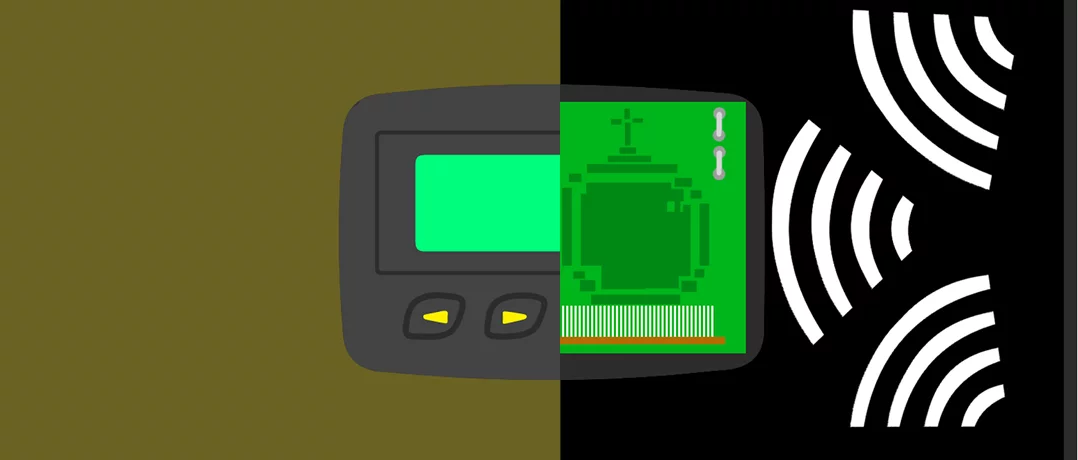From coordination to consequences: Rethinking security after the pager attack
From coordination to consequences: Rethinking security after the pager attack


A year after Israel’s infamous pager attack on Hezbollah, the debate pertaining to the attack within the framework of international law introduced a wary precedent. Some claimed that this attack was “innovative” and a “brilliant work of covet operation”. However, others claim that when civilians are in the crossfire, hailing such an attack becomes unethical, regardless of the damages achieved to the one attacked.
Critics argue that the operation, which killed 42 people including children and injured thousands, represents a blatant violation of established legal norms governing armed conflict. Sarah Whitson, director of the US-based rights group DAWN, condemned the explosions as a “deliberate decision on the part of Israel” intended to sow chaos in Lebanon. “This is exactly why booby traps of ordinary civilian objects are illegal – because not only do they cause physical harm and injury, but they also cause psychological and emotional harm.” Huwaida Arraf, a US-based human rights lawyer, echoed this view, highlighting that the attacks violated prohibitions on indiscriminate attacks and on booby-trapping civilian-associated objects, as enshrined in the 1996 UN Protocol on Mines, Booby-Traps, and Other Devices. She added that the attacks could only be considered lawful if measures were taken to ensure that only legitimate military targets were affected, something clearly absent, given that the devices detonated across supermarkets and public spaces. Arraf argued bluntly that this “meets the textbook definition of state terrorism.”
The International Court of Justice similarly condemned the attacks, labeling them indiscriminate and disproportionate. The ICJ emphasized that practices intentionally causing mass civilian casualties in pursuit of military objectives constitute war crimes under international law, violating both the principle of distinction and the norms against disproportionate attacks. Human Rights Watch’s Lama Fakih reinforced this position: “Customary international humanitarian law prohibits the use of booby traps, objects that civilians are likely to be attracted to or are associated with normal civilian daily use… A prompt and impartial investigation into the attacks should be urgently conducted.”
.jpg) People gather outside a hospital as more than 1,000 people, including Hezbollah fighters and medics, were wounded when the pagers they use to communicate exploded across Lebanon, according to a security source, in Beirut, Lebanon September 17, 2024. Photo: Mohamed Azakir, Reuters.
People gather outside a hospital as more than 1,000 people, including Hezbollah fighters and medics, were wounded when the pagers they use to communicate exploded across Lebanon, according to a security source, in Beirut, Lebanon September 17, 2024. Photo: Mohamed Azakir, Reuters.
Supporters of Israel’s actions, however, ground their defense in the jus ad bellum principle of self-defense. Hezbollah’s military operations, which launched over 8,000 rockets at Israel from October 2023 to September 2024, caused mass displacement, civilian casualties, and damage to infrastructure. Some legal scholars argue that Hezbollah can be attributed to the Lebanese state under Article 9 of the Articles on State Responsibility, either because it acts as a de facto armed force or due to its formal recognition by the Lebanese government as a military actor. From this perspective, Israel’s targeted operation against Hezbollah could be framed as a lawful exercise of self-defense against a sustained armed attack, meeting the necessity criterion in international law. Arguments that Israel should have accepted a Gaza ceasefire to halt Hezbollah’s rockets are widely considered legally baseless, since Hezbollah, as a non-State actor, has no right to compel Israel’s political decisions.
The crux of the jus in bello debate centers on targeting and proportionality. Critics contend that Israel could not reliably know who held the pagers at detonation, creating a risk of indiscriminate civilian harm. Proponents respond that the vast majority of pagers were likely distributed to Hezbollah operatives in operational roles, making the devices legitimate military objectives under Article 52(2) of the First Additional Protocol to the Geneva Conventions. The destruction of the pager network generated significant operational disruption: Hezbollah leaders were forced into face-to-face meetings, providing Israel further tactical opportunities. The dual goals of neutralizing communication channels and incapacitating operatives are argued to independently justify the attack.
Proportionality remains contested. Media reports indicate that most casualties were Hezbollah fighters, and that explosives were small, causing mainly injuries rather than fatalities. Yet the possibility that civilians in proximity of these pagers were injured illustrates the inherent uncertainty and risk in such operations, invoking the principle of presumption of civilian status: a person is considered a civilian unless proven otherwise. Furthermore, the attack being unjustified should not shy away from the fact that Hezbollah’s operations, that find comfort within civilian areas, are not acceptable.
The pager attack thus exposes the tension between modern asymmetric warfare and established international law. On one hand, Israel’s operation demonstrates the strategic advantages of sabotage against military communications. On the other, the deployment of booby-trapped civilian-style devices, the injuries to non-combatants, and the psychological toll underline why international legal frameworks strictly regulate such actions. The attempt to justify such an attack causes horrific precedents as it undermines International Law, neglects the impact on non-combatants, and encourages the spread of these attacks.


